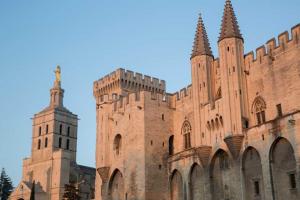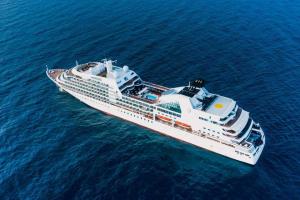Is Venice really sinking? And what does it mean for tourists?
We question if it’s time to visit Venice before it’s too late.
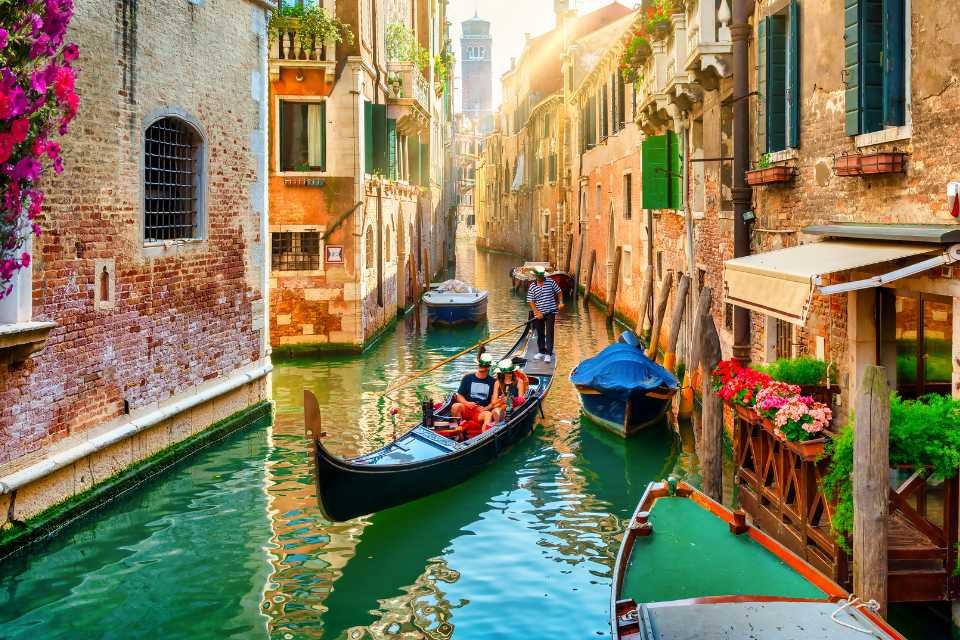
For centuries, Venice, Italy has been one of the world's most iconic destinations. From its breathtaking canals to its historic architecture, it's no surprise that millions of tourists flock to the city each year.
But in recent years, the city has gained attention for a different reason—reports that it is slowly sinking into the Adriatic Sea. In this blog post, we'll look at the facts surrounding Venice's possible sinking, and what it means for tourists.
A history on the water
Venice is a city of history and romance, dating back over 1,500 years. Originally founded by Roman refugees, the city was built on more than 100 small islands in a lagoon on the Adriatic Sea. Over time, the city became an important trading hub in Europe, known for its artistic and architectural masterpieces.
The canals of Venice are famous around the world, and the city has long been a popular tourist destination. Venice has seen its share of challenges throughout its long history, including numerous floods and plagues.
In the 20th century, the city has struggled to keep up with the impacts of tourism and climate change. Despite these challenges, Venice continues to be one of the most beautiful cities in the world and a major cultural destination.
The myths about a sinking Venice
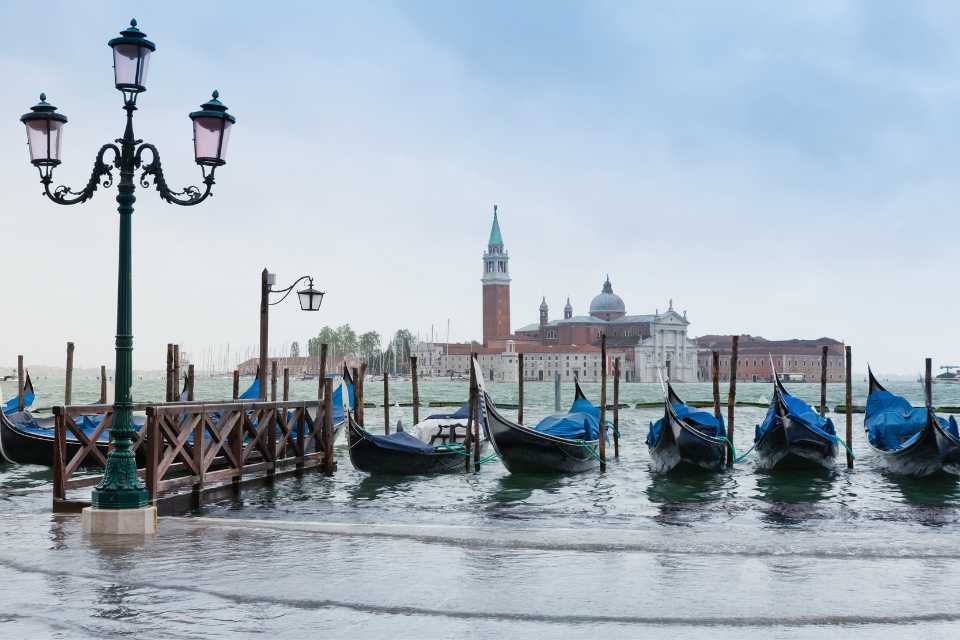
Venice has long been a source of romantic myths and legends, and the idea that it is sinking is one of the most pervasive. While it's true that some parts of Venice have been sinking for centuries due to a combination of land subsidence, groundwater extraction, and rising sea levels, many of these myths take this fact and spin it into something far worse.
Stories about the entire city being lost beneath the waves have been circulating for decades, but the truth is much more complex. The truth is that Venice isn't sinking as quickly as some would lead you to believe.
In fact, the city is actually being propped up by a massive infrastructure project, called the MOSE Project, which works to protect Venice from flooding.
The reality
For centuries, Venice has been known as a city of canals, with its unique architecture and romantic gondola rides. However, the city is actually sinking at an alarming rate. This is due to a combination of factors including rising sea levels, the extraction of groundwater, and subsidence caused by the depletion of clay-based soils.
The combination of these factors has caused the city to sink by up to 4 millimeters a year. In addition, the city is increasingly vulnerable to flooding. Recent data shows that in the past 100 years, the average frequency of high tide events in Venice has increased by 400%.
These events, known as “acqua alta”, have inundated much of the city, with some areas seeing several feet of water. While these floods are often attributed to global climate change, it is also true that Venice is sinking due to human interference.
The Impact of Climate Change on Venice
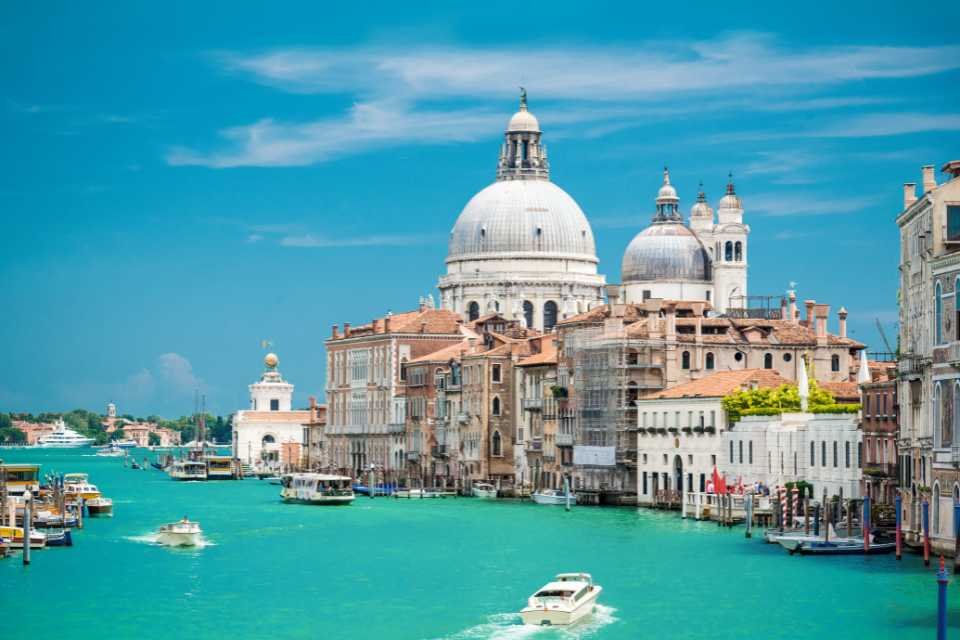
Venice has been experiencing rising sea levels since the 1960s due to global climate change. This is compounded by a further decrease in the water table, caused by the over extraction of groundwater for farming and urban use.
As a result, Venice is increasingly prone to high tides, which cause flooding and erosion in the city's famous canals and squares. In recent years, the flooding events have become more frequent and intense, and the city is now facing an unprecedented risk from sea level rise.
To combat this issue, the government has implemented flood protection measures such as the MOSE Project, a series of movable gates designed to keep rising waters away from the city. While these efforts are helping to minimize the risk, they are only temporary solutions and much more needs to be done to protect Venice from the effects of climate change.
What Does This Mean For Tourists?
The issue of Venice sinking is a complex one, but what does it mean for tourists? Firstly, the city of Venice remains safe to visit and explore - there is no immediate threat. However, with the rising sea levels due to climate change, it is highly likely that many of the city's attractions will suffer some degree of damage over time.
Tourists can expect increasingly more flooding as time goes on, meaning that certain areas may be difficult to access at times. It is also worth noting that Venice is already a very busy city with large numbers of visitors each year, and so it is important to bear in mind the impact that overcrowding may have on its infrastructure.
Ultimately, while Venice remains a beautiful and iconic destination, it is important to consider the effects of climate change before planning your trip.
Do I need to book my Venice trip right now?
Despite the city's struggles with rising sea levels, Venice is still an amazing destination and a must-see for many travelers. There is no need to rush and book your trip immediately; however, keep in mind that sea levels are rising and things could change in the future. It’s important to be informed about the current situation in Venice before planning a visit.


